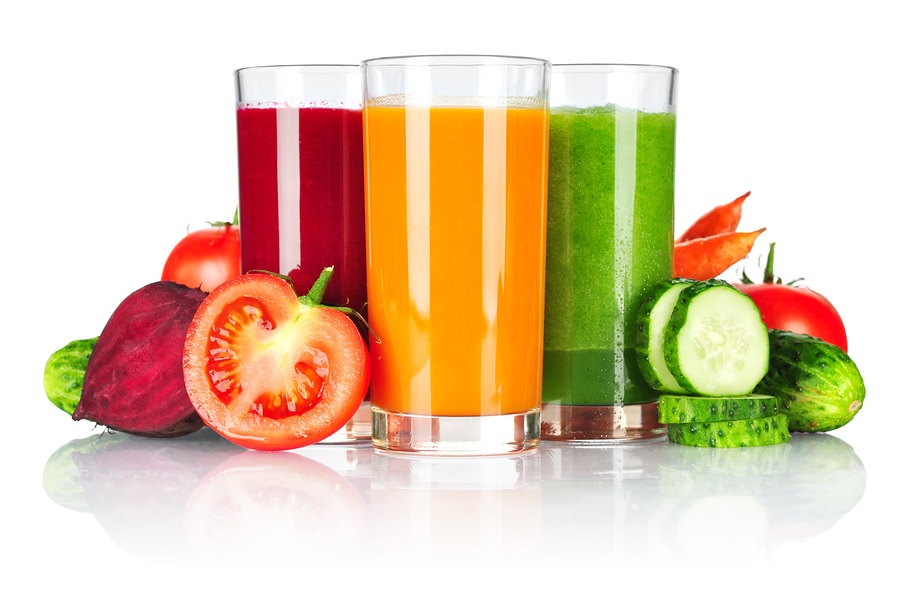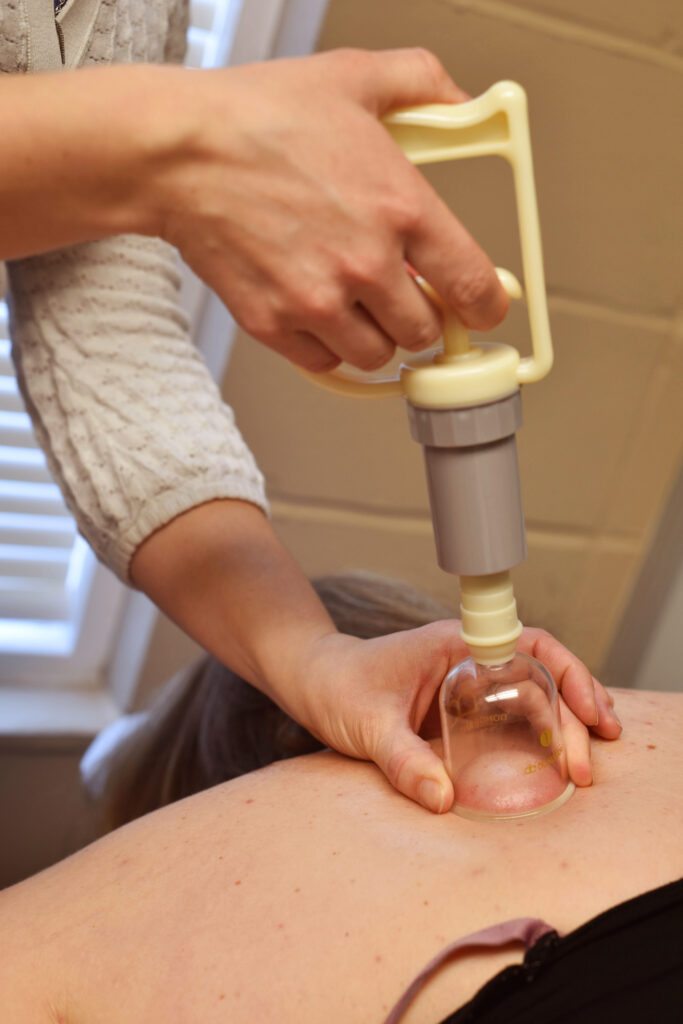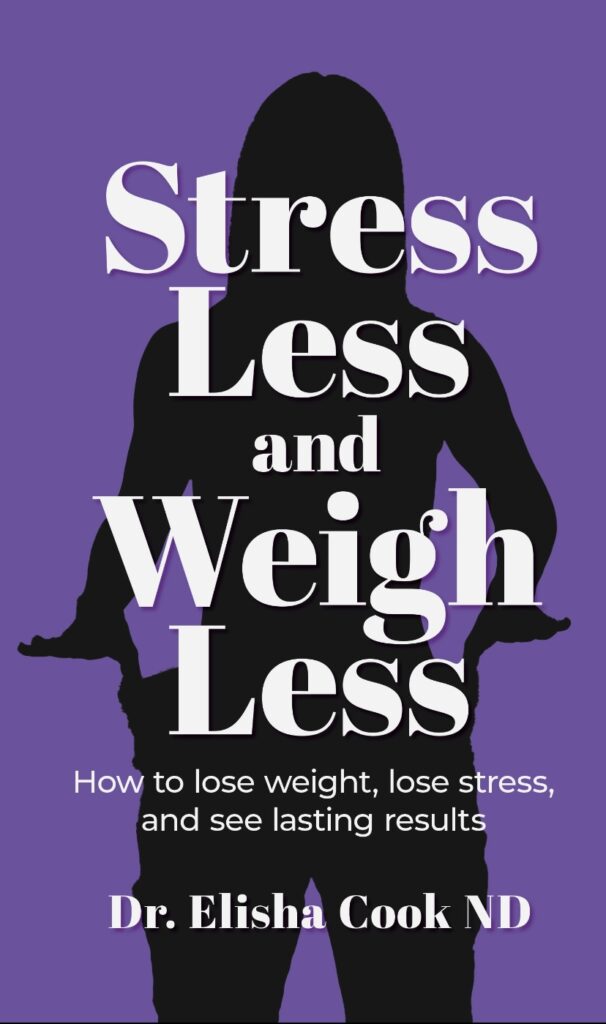By: Dr. Elisha Cook ND

Sneaking vegetables into the diet can be tricky for children and adults alike. For some, the texture of vegetables can be off-putting, and for others, frankly a flavour issue. Whatever your obstacle may be, there may be some surprising ways to increase your vegetable intake without altering the flavour of some of your classic dishes you have grown to love.
In this blog, we have provided not only a list of ways to increase your vegetable intake, but also some recipes to consider trying.
5 Sneaky Ways to Increase Vegetables:
- Use them as a filler in ground meat recipes: whether it is zucchini, mushrooms, or onions, there are some great vegetables that you can finely chop or grate, and combine with ground meat for such meals as meat balls, meat loaf, or even hamburgers.
- Apple sauce type pouches: Many stores carry convenient apple sauce pouches for grab on the go snacks. However, if you go to the baby section of your grocery store, you will see some pouches that have vegetables already incorporated. It may be a bit more costly, but if you need that convenience, it may be worth the investment. You can even consider making your own fruit and vegetable sauce and filling reusable pouches to fit your own flavour profile and reduce potential salt intake.
- Smoothies: Smoothies are a classic and easy way to increase vegetable intake. You can consider using a greens powder to do this, or incorporate spinach into your smoothie. Generally, spinach does not alter the flavour of the smoothie, making it very easy to slip in unnoticed.
- Oatmeal: A sneaky way to increase vegetable intake with oatmeal is to grate a carrot into it. This may seem strange, but think about it this way, do you enjoy carrot muffins? Likely, the oatmeal will remind you of that by adding in some pairings of apples, cinnamon, and maple syrup to your carrot and oatmeal combination.
- Substituting vegetables for noodles: Whether it is spaghetti squash or zucchini noodles, you can consider using these as opposed to your classic wheat based noodles. Though it will not provide the same flavour, it will pack a nutritional punch!
Recipes to Increase Vegetable Intake:
Zucchini-Beef Burgers
These burgers are very moist and can be spiced up by adding cheese or other flavours that make your burger king of the grill.
Ingredients:
2 lbs of ground beef or chicken
½ cup grated zucchini
½ cup finely chopped spinach
1 cup of finely chopped mushrooms
¼ cup finely chopped scallions (approximately 1 large one)
2 tsp of Worschestershire sauce
Optional: ½ tsp salt
Combine all ingredients in a bowl until thoroughly combined. Shape into hamburger patties whether by hand or using a press, shaping them to your desired size. Throw them on the barbeque and cook until cooked all of the way through. Serve your hamburger patty as per your preference.
Apple-Cucumber Sauce
This recipe is super easy and requires minimal ingredients and supplies.
Ingredients:
6 cups of Apples cored, peeled and diced
2 cups of cucumbers pealed, seeds removed, and diced
¼ cup of water
Combine all ingredients in crockpot and cook on low for 6-8 hours, stirring half way through cooking. When the cooking time is done, mash well and serve as is. If using in reusable pouches, place in a blender and blend until smooth consistency is reached.
This recipe is completely freezer safe. I generally fill 250ml jars and place in the freezer, pulling them as needed. If filling jars, make sure to leave ½ inch of space at the top to allow for expansion.
Have you benefited from reading this blog? Know someone that would benefit as well? Share, Like, Comment, or Tweet this article, and let me know what you think.
Some of the information provided above may not be appropriate for everyone, please consult with your doctor before trying any of the above. If you are interested in trying any of our services, working with any of our amazing practitioners, or are simply wanting a different approach to your health care needs, contact the Plattsville Natural Health Clinic by calling 226-232-7665 and book your appointment today!



